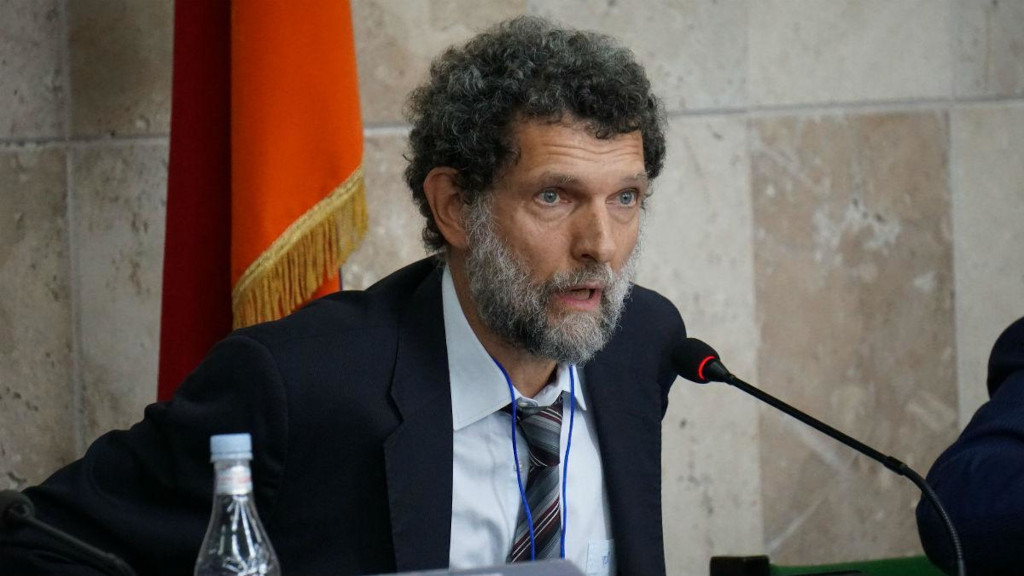German politicians have welcomed resolution of a crisis between Turkey and 10 Western countries while warning of potential consequences if Turkey fails to comply with European Court of Human Rights verdicts, Deutsche Welle Turkish Service reported on Tuesday.
Turkish President Recep Tayyip Erdoğan on Monday stepped back from his threat to expel 10 Western ambassadors over their joint statement of support for philanthropist and activist Osman Kavala, 64, who has yet to be convicted by a court and has been in prison since 2017.
The reversal came after the United States and several of the other concerned countries issued identical statements saying they respect a UN convention that requires diplomats not to interfere in the host country’s domestic affairs.
Nils Schmid, a foreign policy expert from the Social Democratic Party (SPD), told German RBB radio that Erdoğan eventually stepped back after diplomatic efforts were made to defuse the situation.
Referring to the European Court of Human Rights’ (ECtHR) decision for the immediate release of Kavala, Schmid said Turkey’s membership in the Council of Europe (CoE) would inevitably be terminated if it insists on not complying with the decision.
There are “domestic political reasons” for the crisis that escalated following the envoys’ Kavala statement, Schmid said, noting that it is Erdoğan’s frequently employed tactic to “distract the public’s attention from domestic problems using foreign policy tensions.”
Johann Wadephul, deputy chairman of the Christian Democratic Union (CDU) parliamentary group, said it was a good tactic to “give Turkish President Erdoğan a bridge to move on.”
Wadephul said Turkey is an important military partner for NATO due to its geostrategic position and proximity to Russia and the Middle East and that it should remain so.
“In the long run, Turkey will again draw closer to Europe with another government at its helm,” Wadephul said.
Erdoğan over the weekend threatened to expel the ambassadors, accusing them of interfering in Turkey’s internal affairs; however, he stepped back from his threats on Monday after the United States and several of the other concerned countries issued identical statements saying they respected a UN convention that required diplomats not to interfere in the host country’s domestic affairs.
The ambassadors of the US, Germany, Canada, Denmark, Finland, France, the Netherlands, New Zealand, Norway and Sweden had called for a “just and speedy resolution to (Kavala)’s case.”
The 10 envoys were summoned to the Turkish Foreign Ministry the next day.
Kavala has faced a series of shifting charges linked to 2013 anti-government protests and a failed military coup in 2016.
The Council of Europe issued a final warning to Turkey in September to comply with a 2019 European Court of Human Rights order to release Kavala pending trial.
If Turkey fails to do so by its next meeting on Nov. 30-Dec. 2, the council could vote to launch its first disciplinary proceedings against Ankara.
The proceedings could result in the suspension of Turkey’s voting rights and even its membership.



